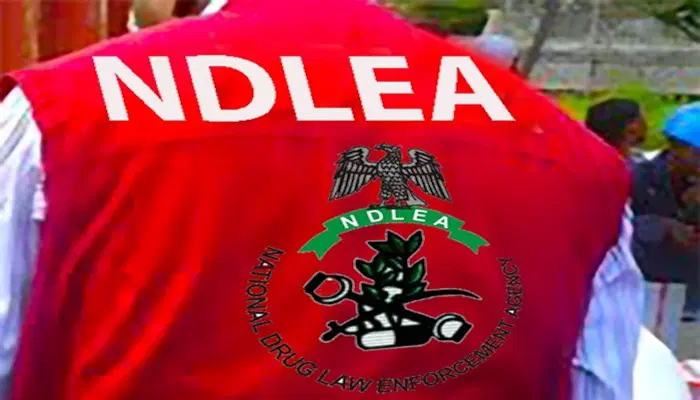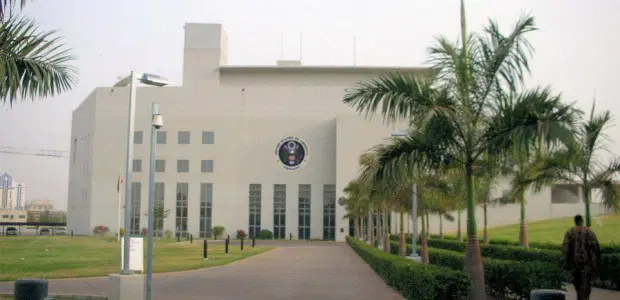The federal government announced announced on Tuesday that it had begun the process of disconnecting certain power companies from the national grid due to their violation of the Electricity Market Rules.
The government did not identify the damaged power facilities but did clarify that the laws governing the Nigeria Electricity Supply Industry were essential to the sector’s long-term success.
The Federal Government claimed that these norms were sacred and that all current and future participants in the industry were required to follow them.
Companies in the power sector produce, transmit, and distribute electricity. The government asserts that rule observance and enforcement are necessary for the sector’s growth, efficiency, and profitability by all participants.
“Some of these rules are domiciled with the Market Operator, but today, adherence to the Market Rule is below expectation,” the Market Operator, an arm of the Federal Government’s Transmission Company of Nigeria, Dr Edmund Eje, said in a statement issued in Abuja.
He added, “NESI market indiscipline is one of the major factors dealing a disastrous blow to the scalability and growth of the market.
“Market Participation Agreement is signed by all participants, but to comply with them is usually an uphill task for many. If the rules of every game are observed, there would be no need for sanctions.
“Currently, the Market Operator – TCN, is embarking on sanctioning erring market participants, having given them notices and time to comply with the market rules. One of the fallouts of the sanctions will be the partial or complete disconnection of defaulters from their point of connection to the grid.”
However, Eje warned that people should be alert to the fundamental problems, which were the effectiveness and longevity of the NESI, because some of the sanctioned players would try to politicise the action to score cheap points and whip up unneeded sentiments.
He explained the steps the government is taking through TCN prior to suspending or disconnecting a power company in the market.
First, he explained, there would be a notice of noncompliance issued if a trader broke the rules of the market or failed to pay money owed to the Market Operator.
“Notice of intention to suspend is then sent. If the participant fails to comply with the notice, the Market Operator may issue a notice of intention to suspend a participant’s access to the market.
“This notice will specify the reasons for the intended suspension, the proposed duration of the suspension, and the conditions for lifting the suspension. This is followed by an opportunity to respond, where the participant will be allowed to respond to the notice of intention to suspend and provide reasons why the suspension should not be imposed.
“Then the notice of suspension would follow. Here, if the participant still fails to comply with the ‘Notice of Intention to Suspend’, the Market Operator may issue a ‘Notice of Suspension’, which may last for 30 business days after which the MO can escalate the suspension to the Commission for the Business Continuity Regulation to click in,” Eje explained.










